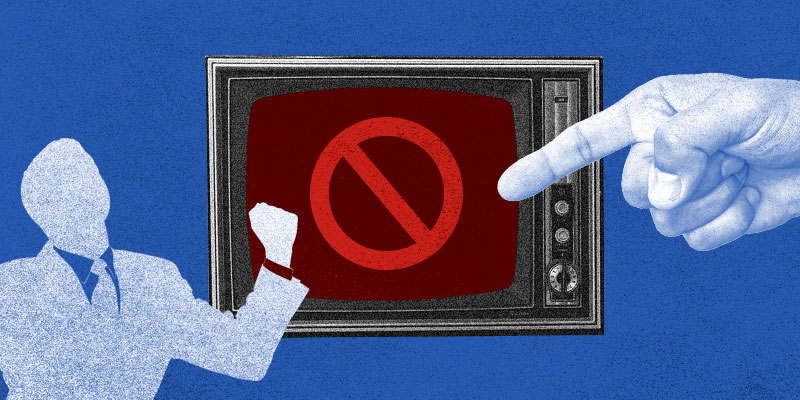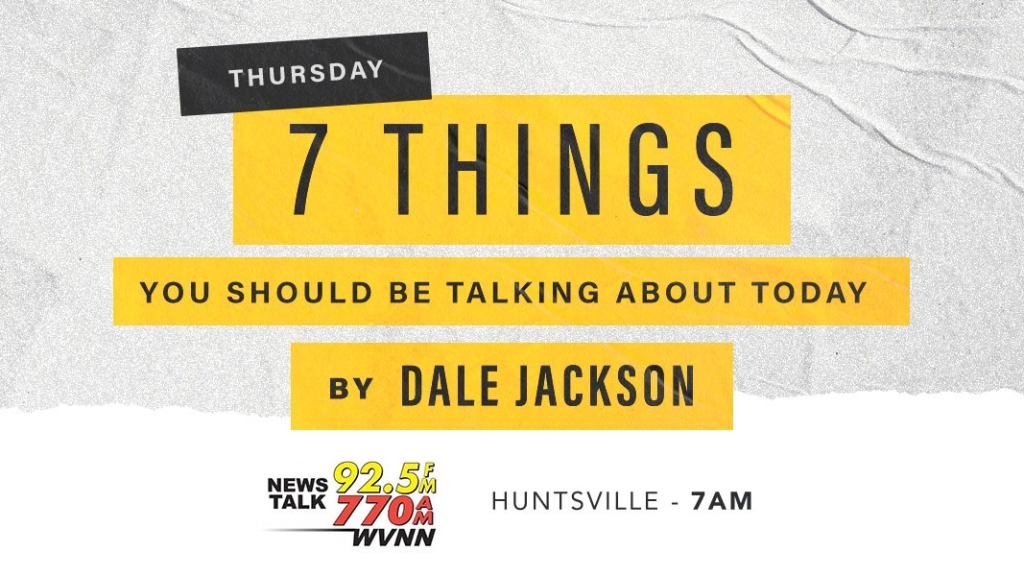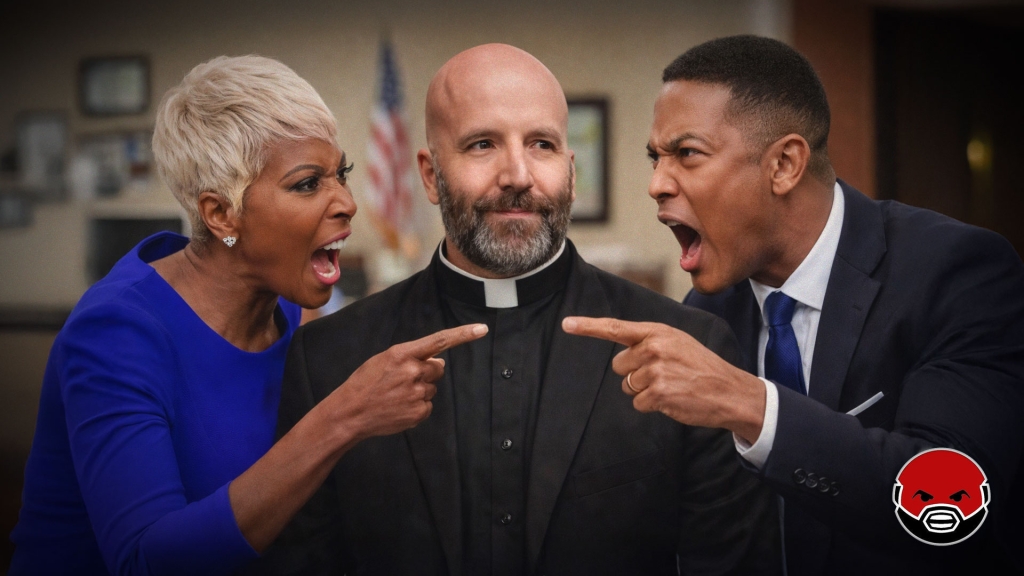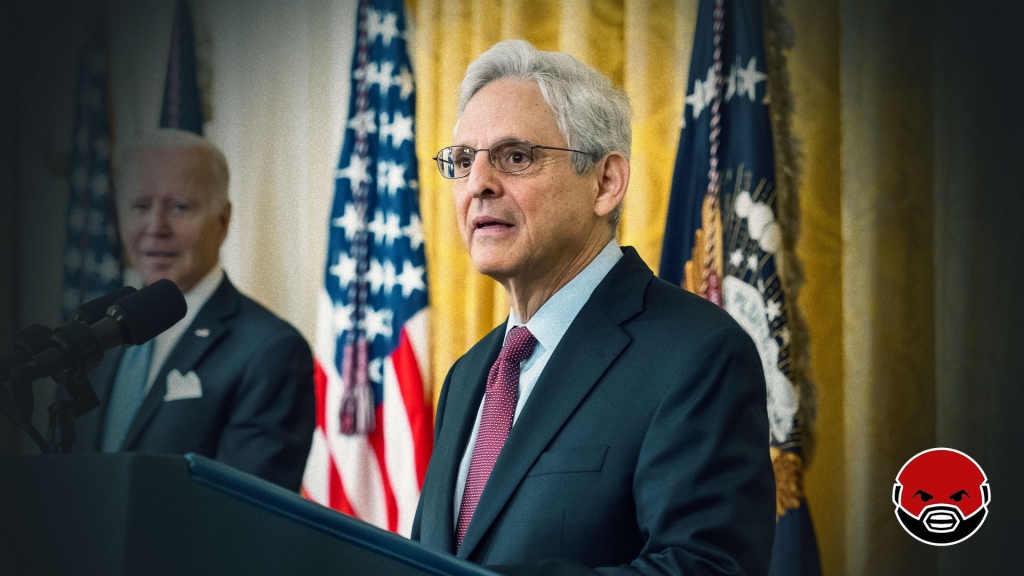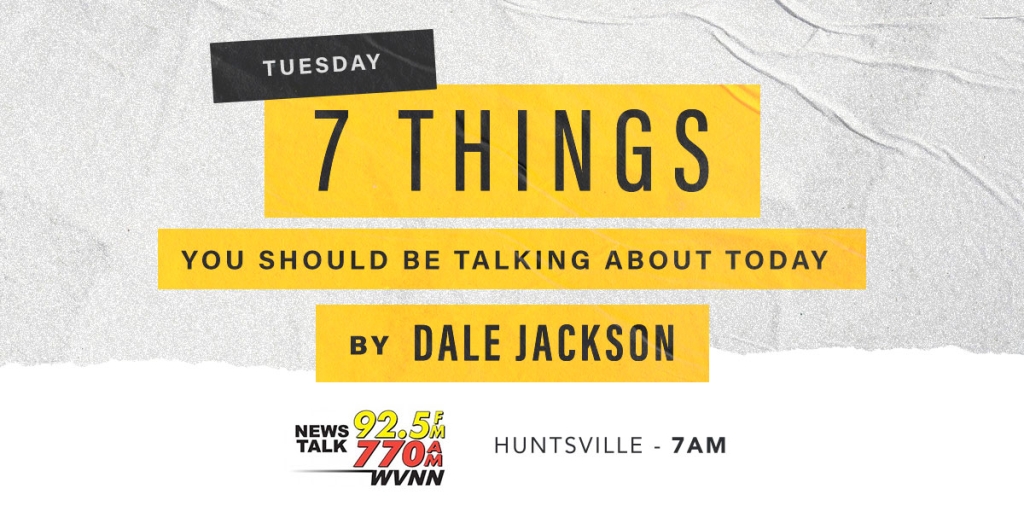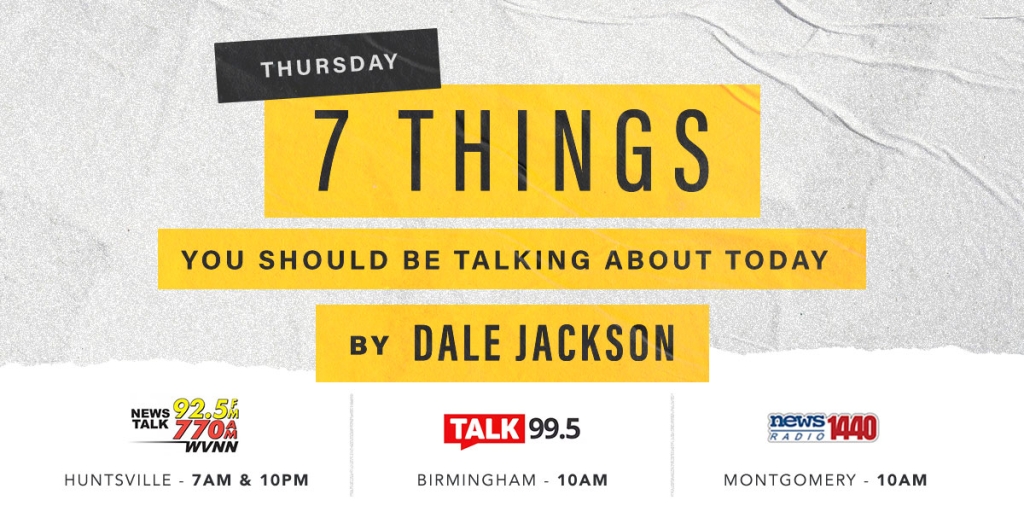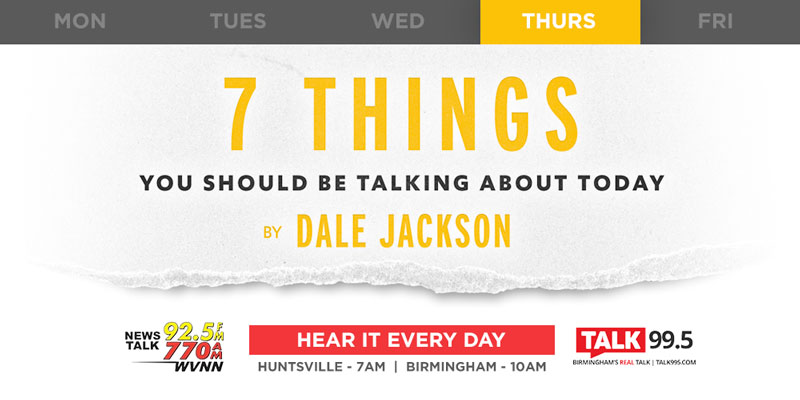Negative advertising. You know it, you hate it, but it works.
For many years in this country, negative advertisements have been splashed across the pages of newspapers, the screens of televisions and radio airwaves. These types of advertisements have become indispensable in the political realm and often lead a candidate to success.
As a millennial, I see many of my peers that are uninformed voters. Half of them are not even taking part in elections anymore because politics has become such a confusing game. Too many millennials that I know go strictly off of what they hear as being popular opinion. That’s dangerous. Negative ads play into that and are almost always able to grasp the attention of many that are not even aware of what they are listening to.
Negative advertising works, in my opinion, because it loops in uninformed voters. Millions want to discuss politics, yet they have no clue what to discuss, so they talk about what they hear. More people are likely to remember negativity than they are positivity and I believe that is why these types of advertisements are long-lasting and effective.
No matter what side of the aisle you position yourself on, I think we all can agree that negative political advertising is dangerous and annoying, but that doesn’t mean they will go away.
Many political campaigns have become reliant on the effect that negative political advertising provides. While there were many positive advertisements, the last presidential election in America in 2016 was riddled with negative advertising. There were millions that opposed Donald Trump and millions that opposed Hillary Clinton.
Many of the negative advertisements targeted at Trump consisted largely of the Access Hollywood tape that was released where Trump bragged about grabbing women, his plans to build a wall, and his language in public. Here’s an example:
Negative advertisements geared towards defeating Hillary Clinton were compiled of compelling stories of the corrupt roots of the Clinton Foundation. One of which even went after Clinton’s ailing health. Here’s an example:
While both videos contain different content, they are very much the same. They share one goal: the destruction of their opponent when Americans visit the ballot box. Each candidate wants you, the viewer, to take their side and they will do everything possible to ensure that happens.
Negative advertising not only impacts voters on a national level, it also trickles down to state elections where it can sometimes get even uglier.
Last December, Alabama voters had a very difficult decision to make. Four weeks before the election last year, allegations of sexual assault towards then-Senate candidate Roy Moore surfaced and made major headlines. As one would naturally do, Doug Jones took the opportunity and ran with it to “finish” his political opponent.
In a Doug Jones campaign approved and funded video, quotes denouncing the alleged behavior of Moore from Ivanka Trump, Richard Shelby, and Jeff Sessions were gathered in an attempt to lure in conservative voters. Many conservatives voted for Doug Jones due to the allegations Roy Moore faced. Did it work? I believe so. Take a look:
In many of Roy Moore’s negative advertisements, Moore targeted Washington elites. In one of them, however, he stated that the allegations were false, calling the entire situation a “scheme by liberal elites” and the “Republican establishment.” Did it work? Nope. Take a look:
The examples provided only scratch the surface of the problems I have with negative advertising. Instead of digging up dirt on one another, let’s get to work and show others what we can currently do. It’s a sad truth, but negative advertising is very popular. Several people thrive off of the negativity produced. It creates a stir, which often leads to more corruption being exposed.
What do you think? Are negative advertisements good or bad for our society?
Email me: [email protected]
@RealKyleMorris is a Yellowhammer News contributor and also contributes weekly to The Daily Caller




